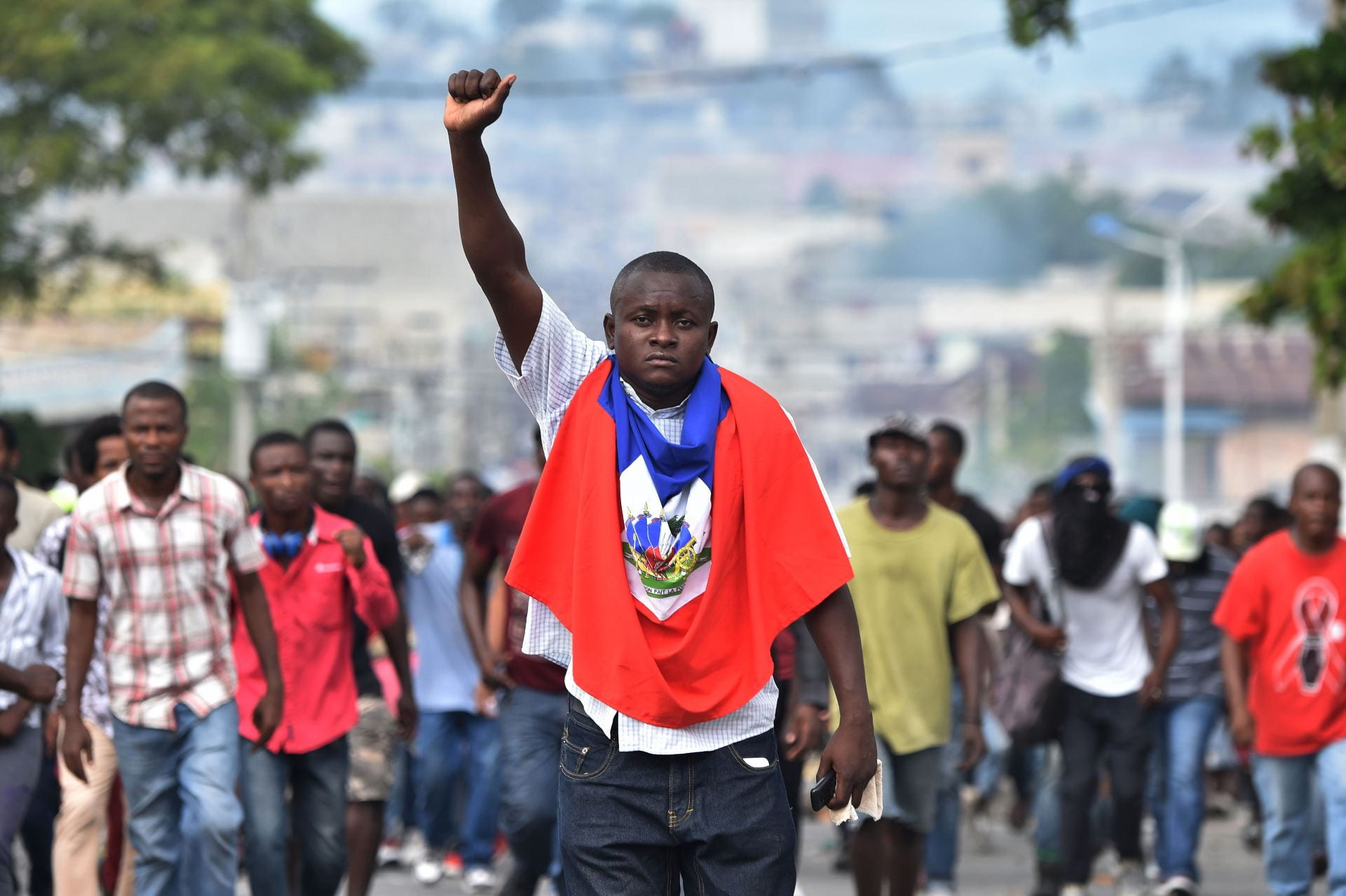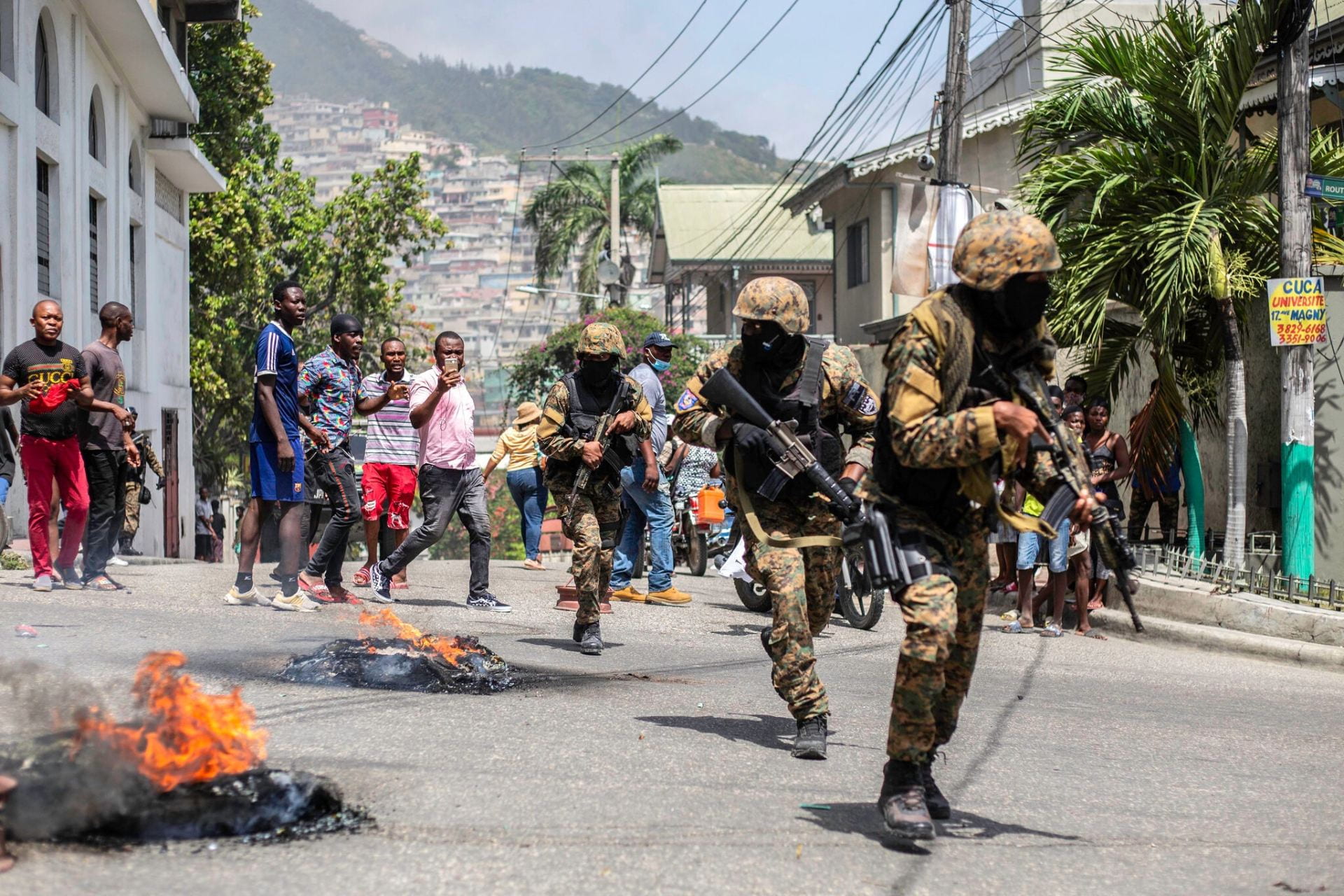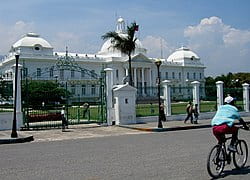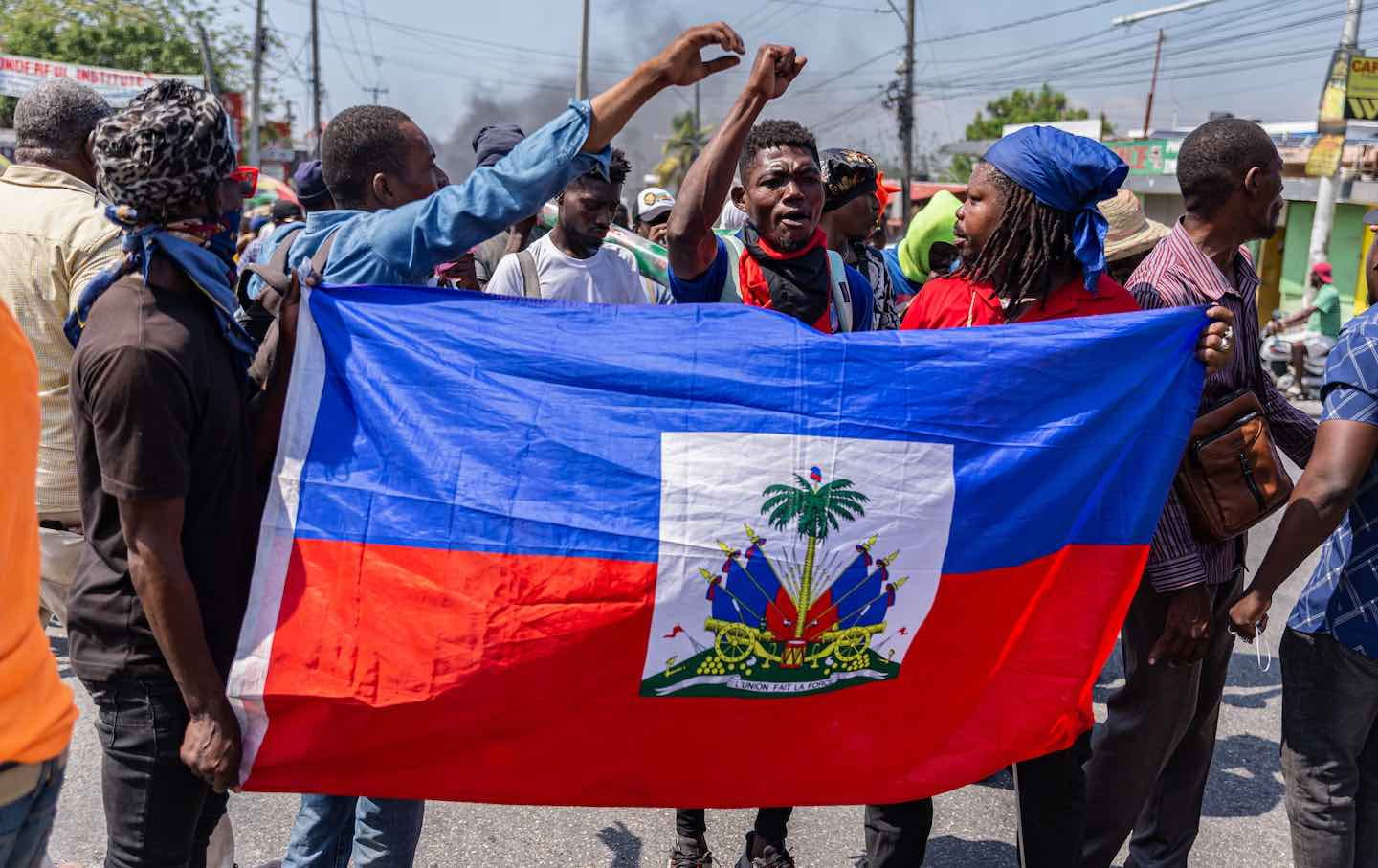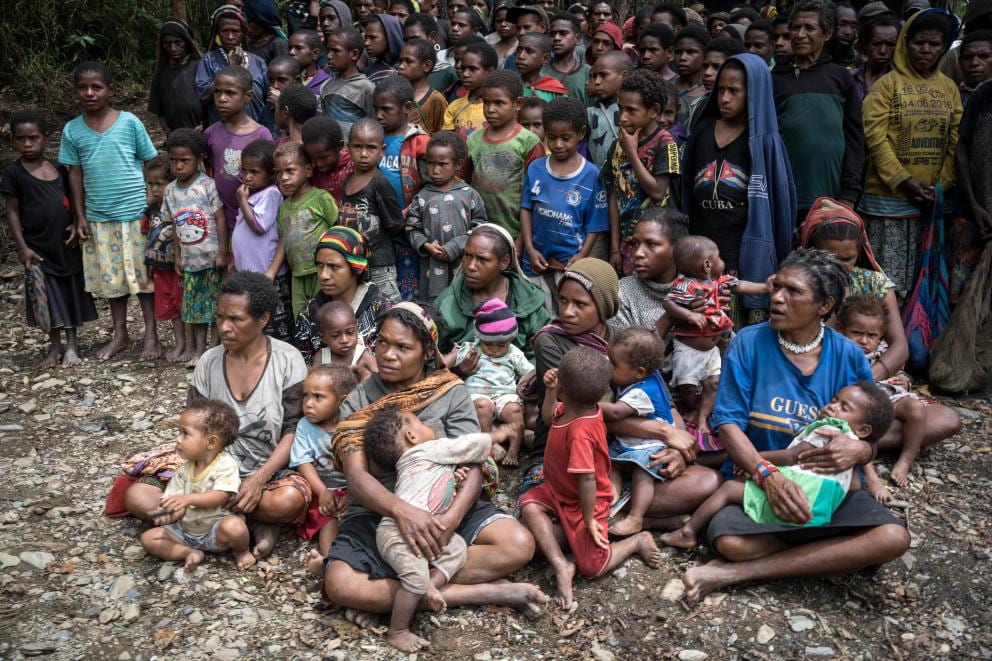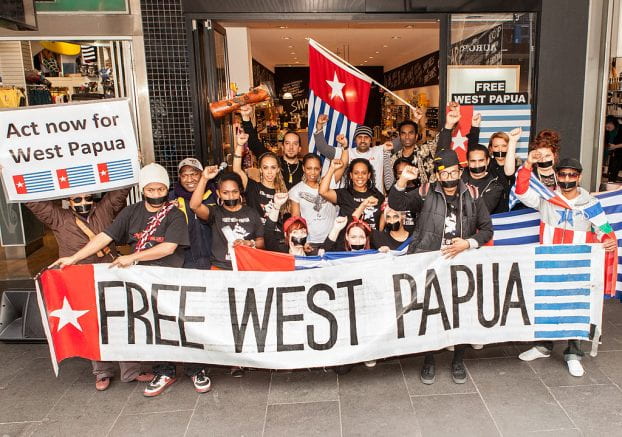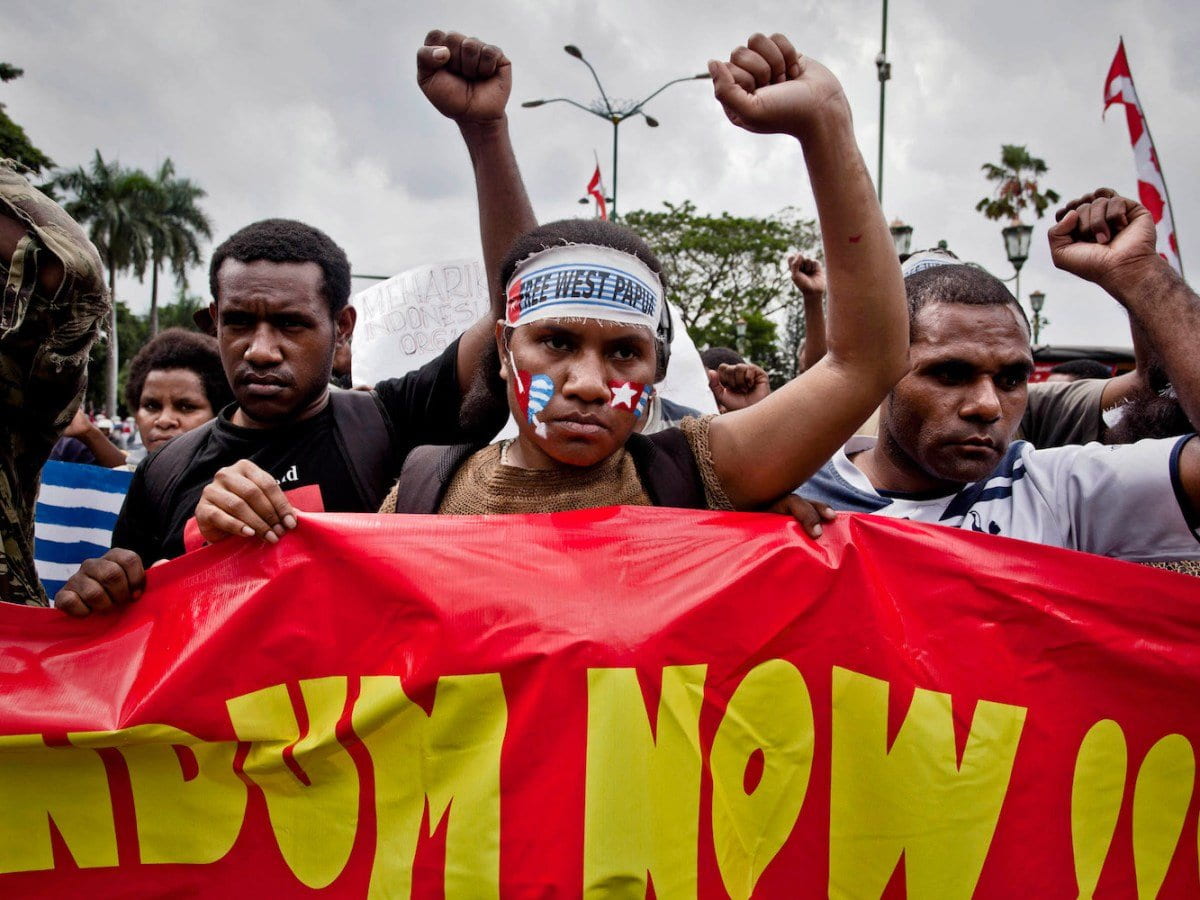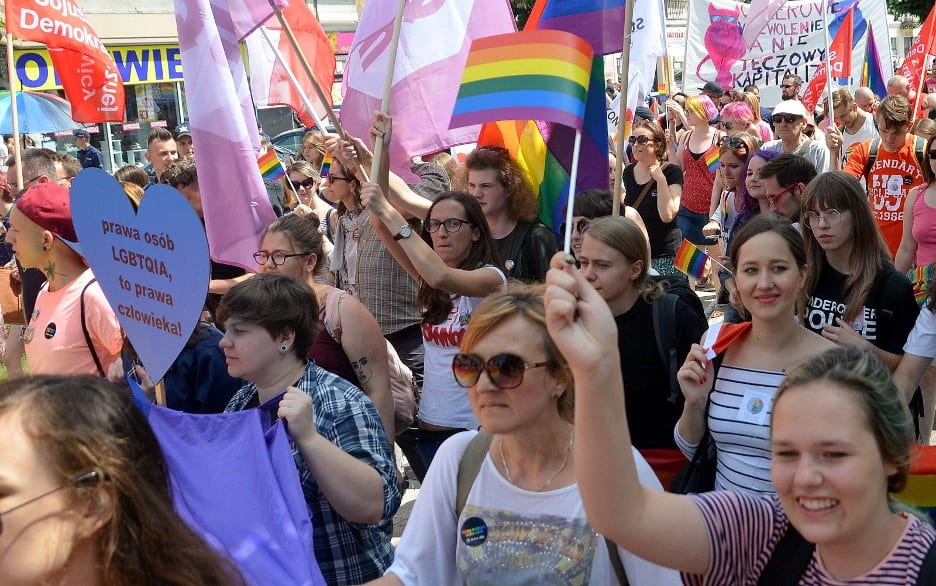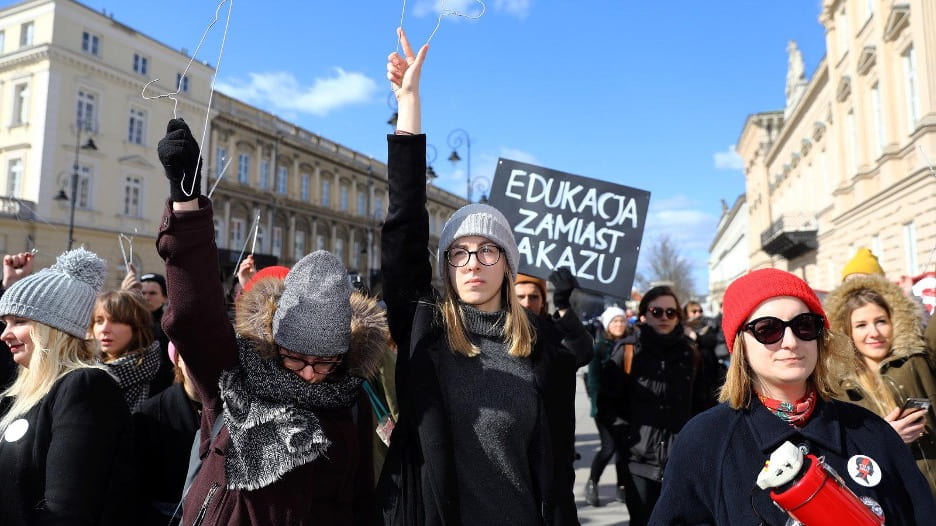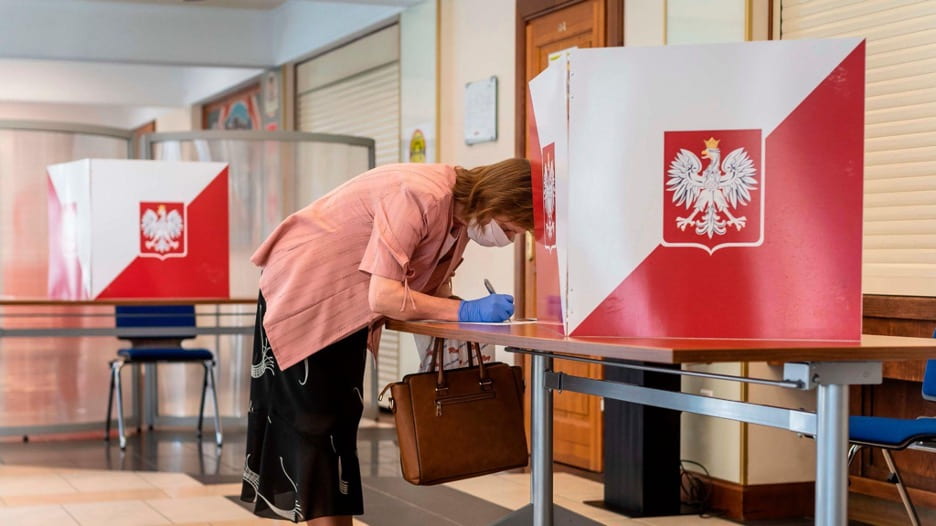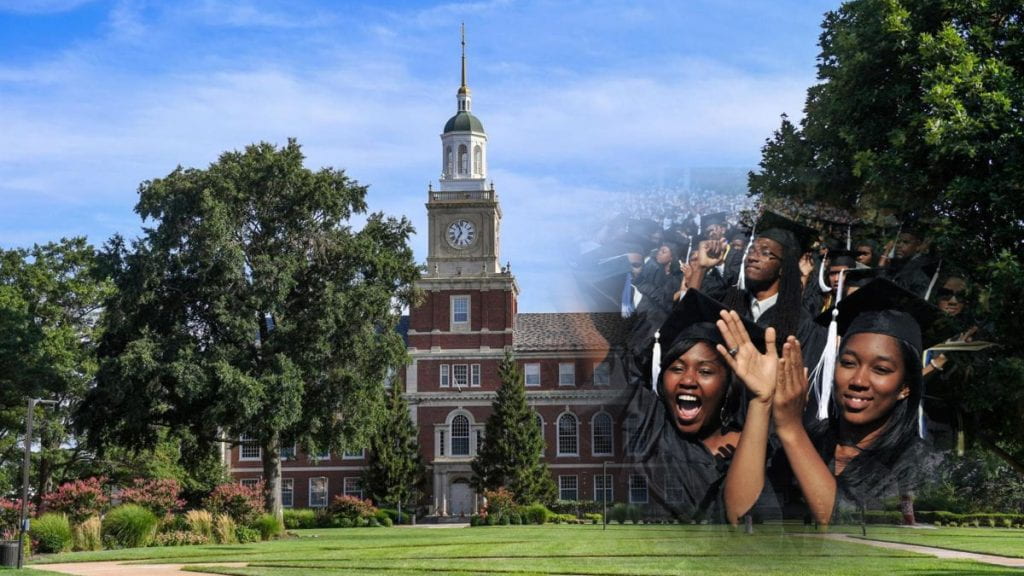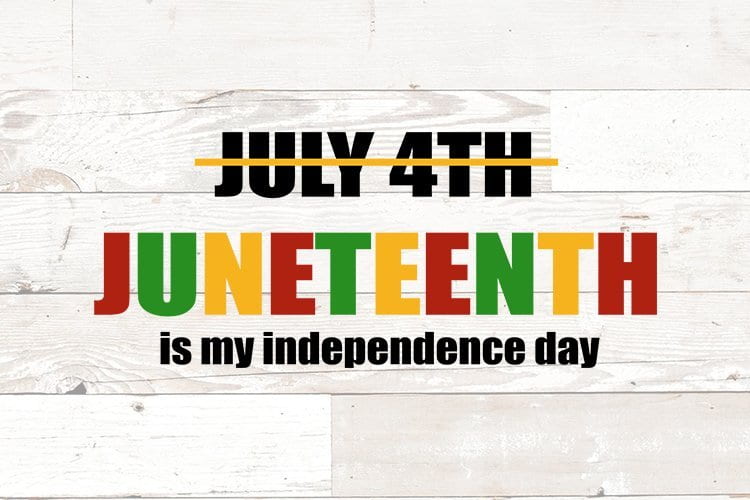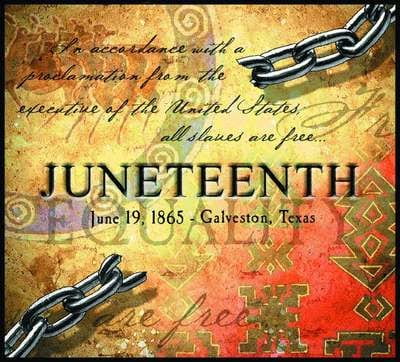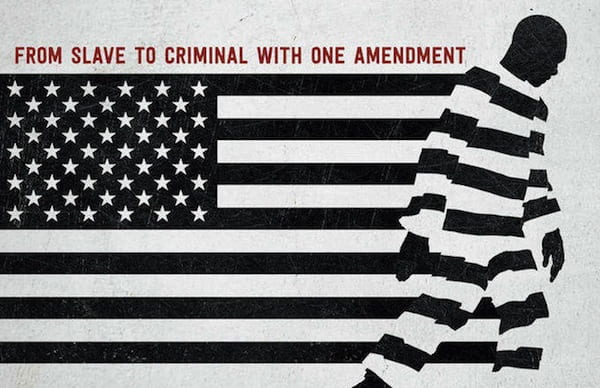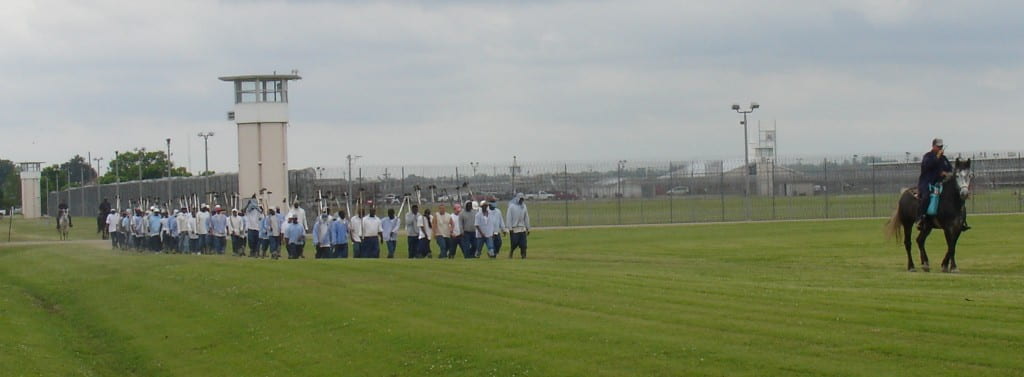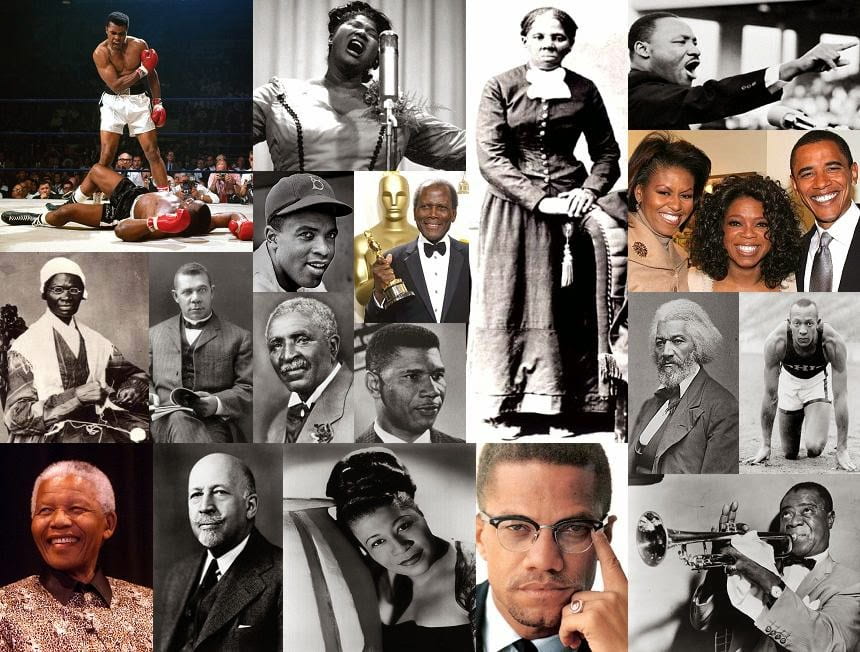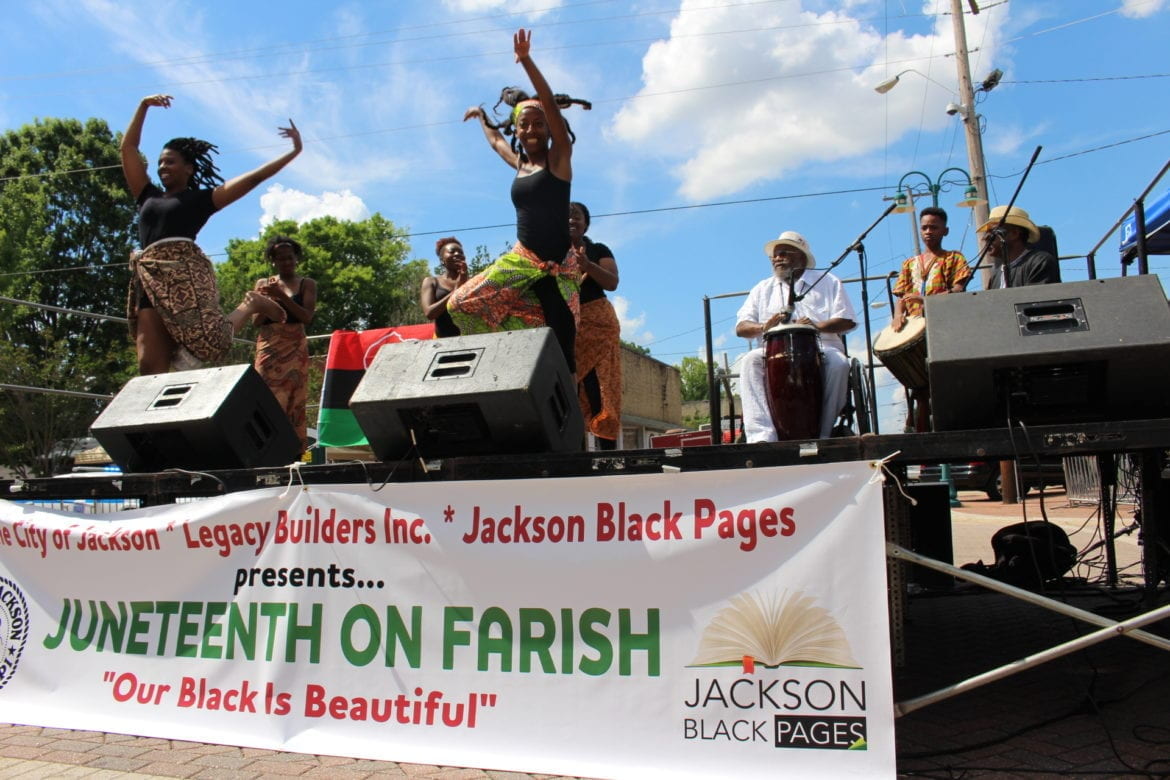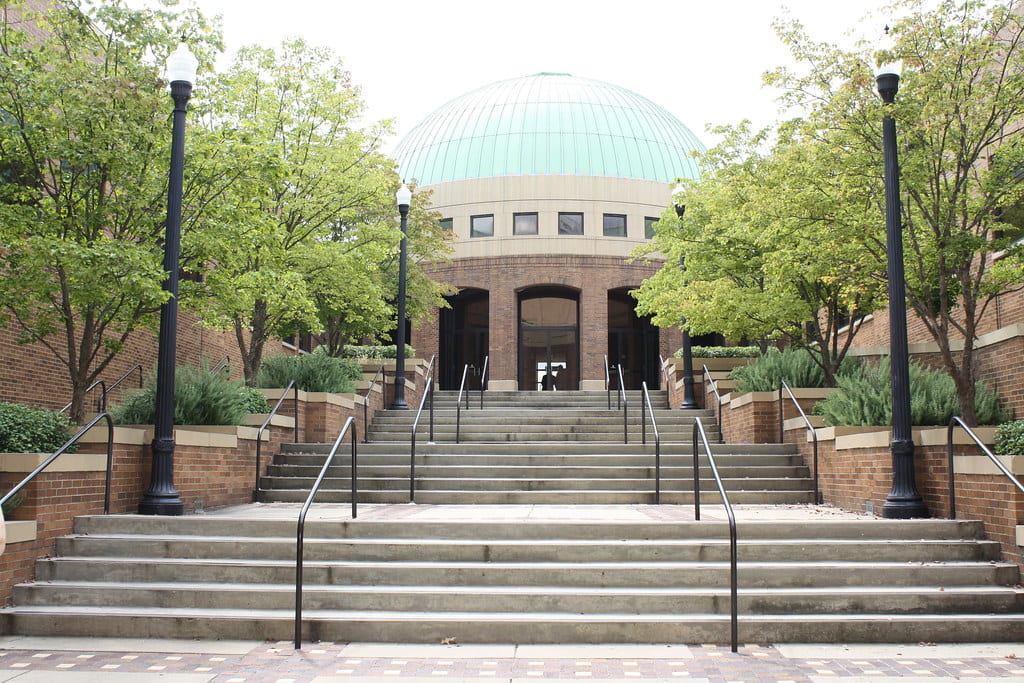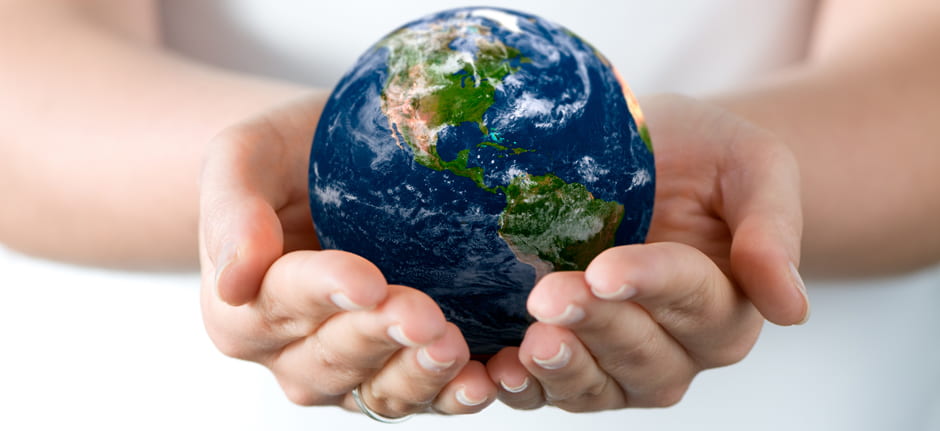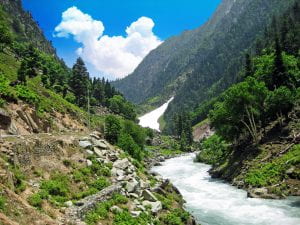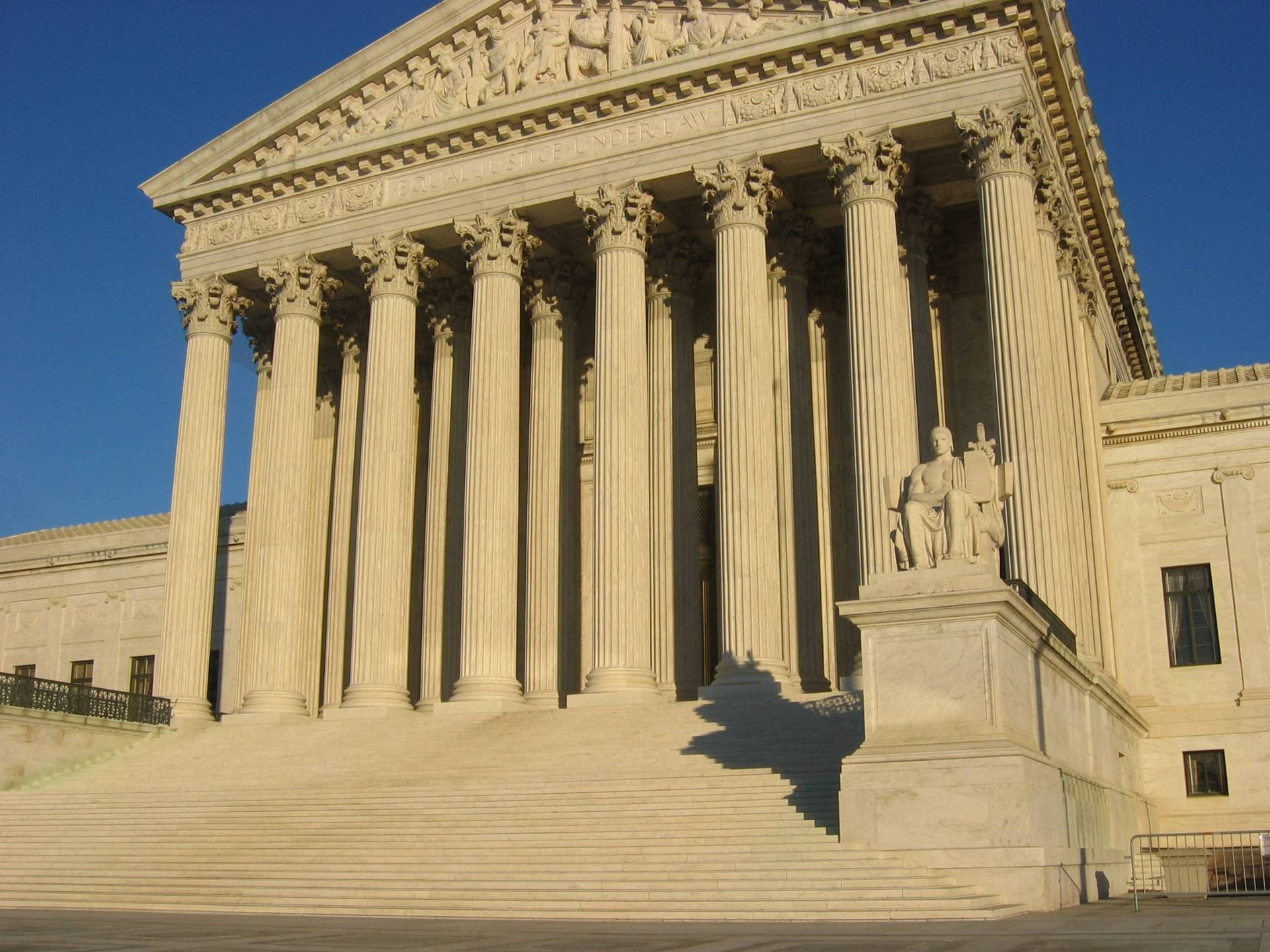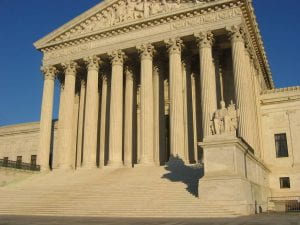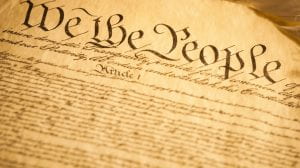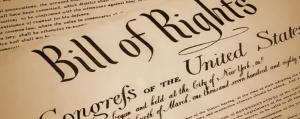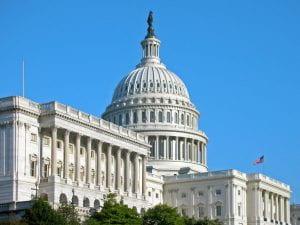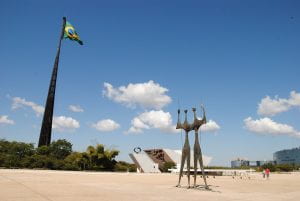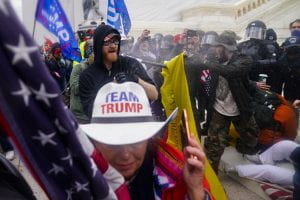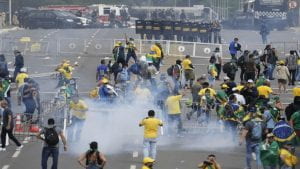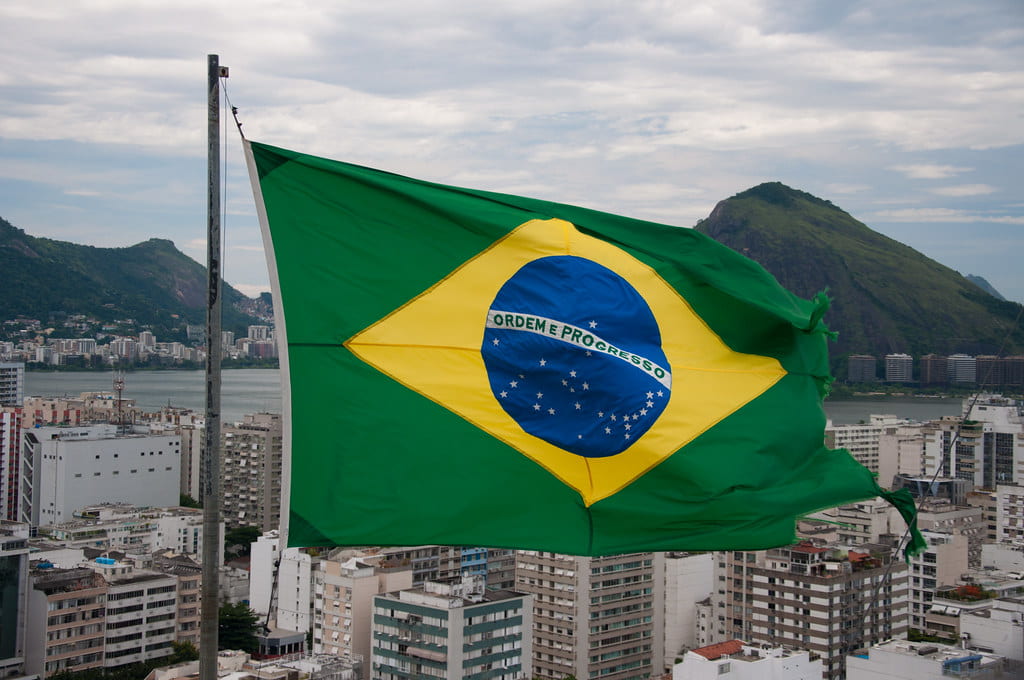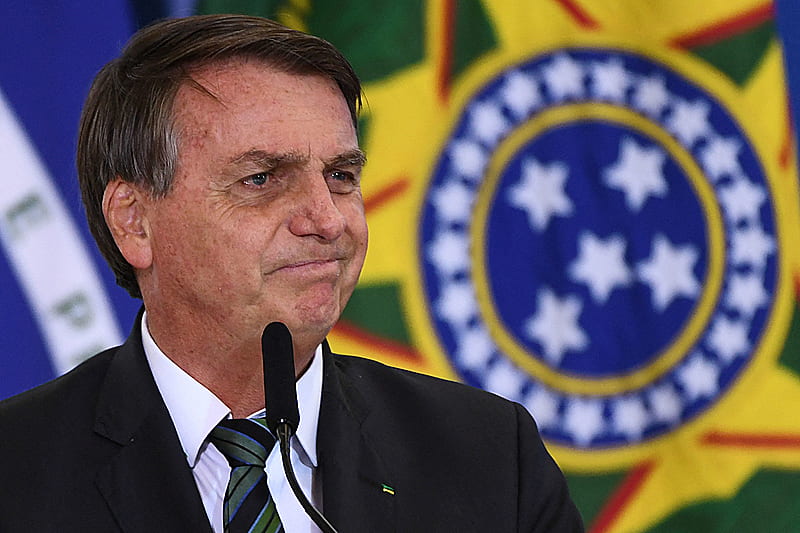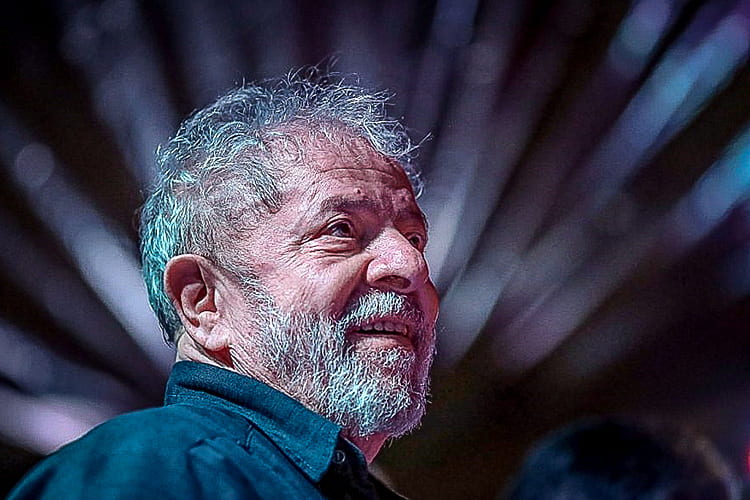Pakistan’s Political Landscape
Pakistan is a unique country amalgamating diverse ethnicities, religions, regional dynamics, and political ideologies. Upon independence from British Colonial rule in 1947, Pakistan had experienced periods of military dictatorships interspersed with democratic governance.
The creation of Pakistan’s democratic foundation is accredited to President Ayub Khan. He worked to create the Elective Bodies Disqualification Order of 1959; this was created to help prevent “free-for-all” fighting among politicians, having a negative impact on the country. Through this order, the beginning of the democratic order began, with the increased role of the civil bureaucracy and increased central authority. This order did not come without criticism, especially from the lay citizens; through the order, individuals were not incentivized to participate democratically in the country’s politics.

A Turning Point in Pakistan’s Democratic Framework
The trajectory of Bangladesh’s secession from Pakistan demonstrates the complex interplay of socio-political forces. General Agha Muhammad Yahya Khan, succeeding Ayub Khan, led Pakistan’s military regime from 1969 to 1971 amidst a backdrop of enduring military rule, reflecting a nation grappling with its identity; this was very different from the approach Ayub Khan had taken. The 1970 general elections, a watershed moment, laid bare the fissures of regionalism and social discord, with the Awami League ‘s electoral triumph in East Pakistan highlighting demands for provincial autonomy. Meanwhile, in West Pakistan, the Pakistan People’s Party’s populist surge under Zulfiqar Ali Bhutto reshaped the political landscape, overshadowing traditional Islamic parties; however, fears of East Pakistani dominance spurred a political conspiracy thwarting the Awami League’s ascension, triggering armed rebellion and Indian intervention, culminating in the birth of Bangladesh in 1971 amid the throes of conflict.
Modern Implications of Political Success
The subsequent democratic experiment, marked by Bhutto’s ascendancy and ousting under General Zia-ul-Haq’s military rule, underscored Pakistan’s struggle for stability. Bhutto’s governance failed to bridge the chasm between rhetoric and reality, highlighting the entrenched power dynamics between civilians and the military. Even with elections, Pakistan’s democratic fabric remained frayed, with presidents wielding disproportionate influence compared to that of the prime minister. Bhutto and Nawaz Sharif and their descendants oscillated between who would be in power; this tumultuous change, albeit frequent, perpetuated a cycle of disillusionment and distrust among its citizenry. As subsequent administrations navigated the murky waters of power politics, from the restoration of parliamentary supremacy to Musharraf’s coup, the quest for a stable, inclusive democracy persists amidst the crucible of Pakistan’s diverse socio-political landscape.

2024 Elections
The foundation laid by historical nuances resulted in a unique 2024 election for the country. It all started in 2018 when Imran Khan, leader of Pakistan Tehreek-e-Insaf (PTI), was elected as the prime minister of Pakistan; after four years, however, Imran Khan was removed by the political opposition in a no-confidence vote. This vote followed Khan’s perceived economic mismanagement of the country, as inflation was at an all-time high, and the Pakistani rupee was plummeting alongside foreign currency. In addition, his commentary on foreign affairs, especially alongside Russia-US and China-US relations, were clauses of removal. Shehbaz Sharif, leader of the Pakistan Muslim League (PML), was then sworn in. Shortly after his removal from office, Imran Khan was sentenced to prison on terms of corruption, followed by a lengthened sequence on suspicion of leaking state secrets. The turbulence superseded the 2024 general election and contributed to allegations of political rigging and delayed results.
Results started on February 8th, when polls opened, demonstrated that PTI had a majority vote; many candidates had to run independently, so when there was no clear majority party, it was assumed that PTI maintained the majority vote. This was echoed by the Election Commission of Pakistan as well. This, however, was not reported, which raised suspicions and alluded to manipulation and political interference by external entities; comments were also rescinded from the Election Commission of Pakistan, resulting in concerns about the true results.
Amidst the election, the apolitical role of division commissioners had come under scrutiny amid concerns over their potential influence on election proceedings; despite official assertions of their non-involvement, apprehensions arose due to the appointment of electoral officers from within the hierarchy below a commissioner, raising suspicions of undue interference. This likely contributed to the hypothesized widespread electoral malpractice this past election. Urgent calls for a thorough investigation were prominent to understand the turn of events.
Internationally, the Free and Fair Election Network (FAFEN) reported widespread obstruction of election observers and candidates in accessing crucial tabulation processes, casting doubt on the integrity of electoral outcomes this past February. FAFEN’s appeal for meticulous scrutiny of contested constituencies using advanced analytical methods underscores the imperative of upholding electoral legitimacy, echoing similar demands from political stakeholders.
Human Right Implications
As seen with the 2024 election, speculations, potential interference, and lack of transparency prevent voter’s voices from being uplifted in the election process. Without protections of free, fair, and honest elections, individuals cannot participate democratically. As seen with Pakistan, a long history of concerns about election malpractice decreases trust in the government and current democratic systems. It is important for Pakistan and future leaders to address underlying challenges to help foster a culture of accountability and integrity, helping pave the way for a representative democracy that will upload the voices of its citizens.
